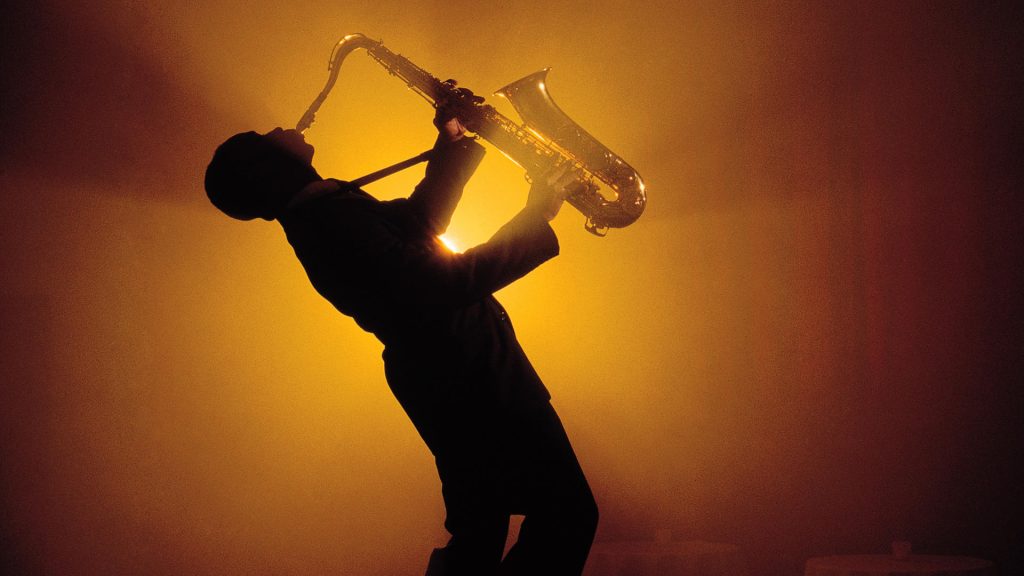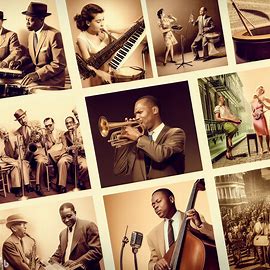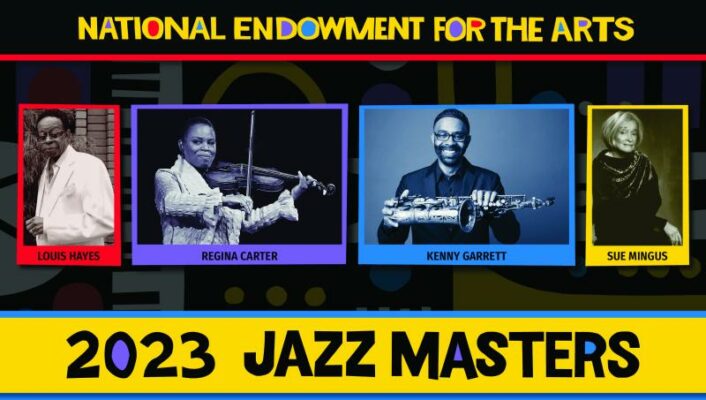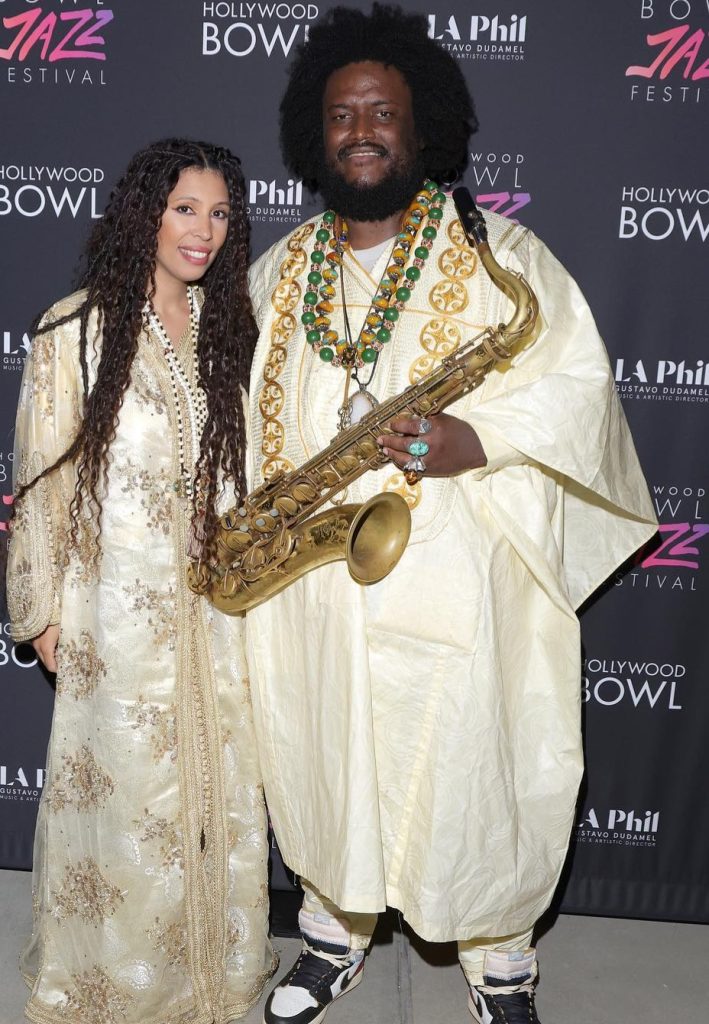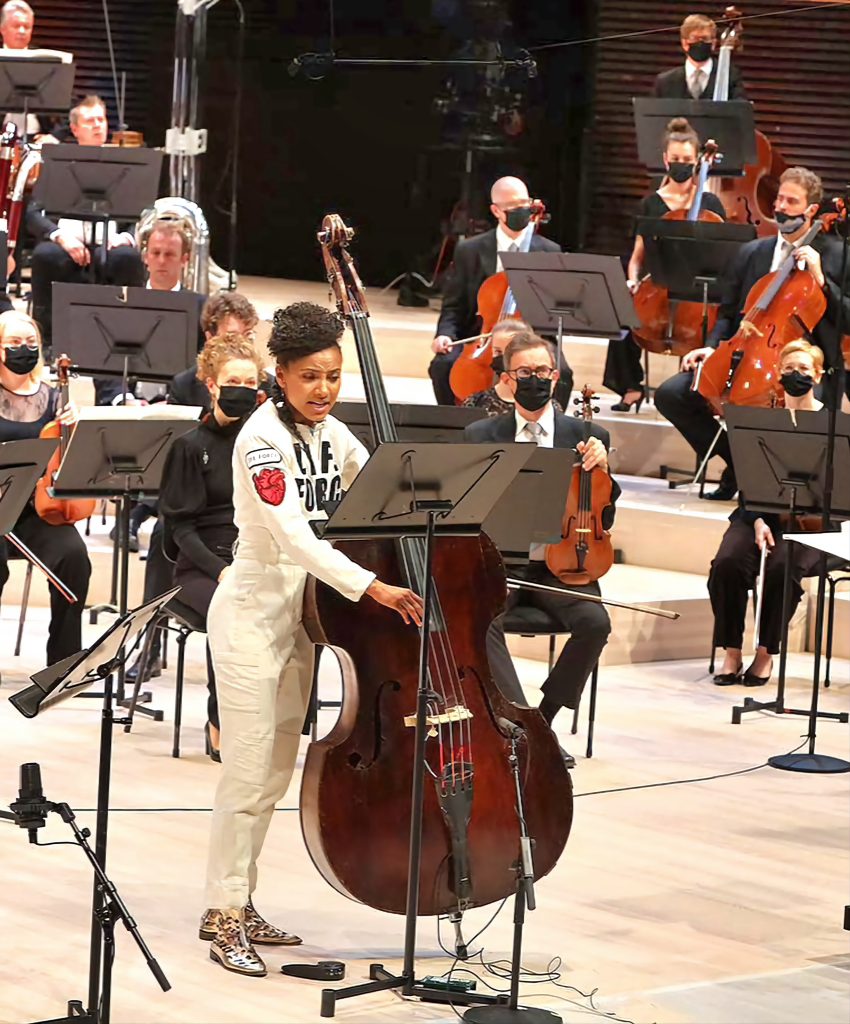Jazz, a genre of music that has been evolving for over a century, stands as a testament to the power of artistic evolution. It has forged a unique sonic path that few other genres can replicate. What’s fascinating is that its influence can be traced throughout the musical landscape we traverse today, from pop to rock, from hip-hop to alternative. Jazz’s profound impact on modern music is undeniable and continues to shape our musical world.
A Fusion of Cultures in New Orleans
The roots of jazz can be traced back to the vibrant streets of New Orleans at the dawn of the 19th century. It was here that a melting pot of cultures converged, giving birth to the rich tapestry that we now recognize as jazz. This eclectic mix included African rhythms, European musical traditions, and the infectious energy of marching bands. New Orleans, often hailed as the cradle of jazz, was the birthplace of iconic jazz standards, such as Louis Armstrong’s “What a Wonderful World.” It was home to legendary musicians like Jelly Roll Morton, whose work laid the foundation for the big band swing music that would emerge later.
A Rebel Sound Born in the South
Jazz found its roots in the rural South, where African American musicians, segregated from other music scenes, crafted a genre that would defy convention. At its core, jazz is characterized by improvisation, a technique that breaks free from the rigid structures of traditional music. Jazz musicians have always thrived on spontaneity, blending melodies and crafting unique performances with every rendition.
Jazz’s Enduring Influence
Jazz has left an indelible mark on a wide array of musical genres, influencing the very DNA of modern music. It introduced new harmonies, innovative rhythms, and a flair for improvisation that resonates through the ages. In fact, many of our favorite recording artists have drawn inspiration from jazz, whether in the form of improvisational techniques, song structures, or even instrument choices.
The Swing Era: Jazz’s Grand Evolution
The swing music era was a remarkable evolution within jazz. Musicians formed big bands, incorporating woodwinds alongside brass instruments, which bestowed the music with a lighter, more dynamic sound. The addition of saxophones introduced new possibilities for improvisation between sections. This transformation, often labeled as “swing” by enthusiasts, delivered an upbeat, infectious sound that captivated audiences worldwide.
In conclusion, jazz’s enduring legacy as a genre of boundless creativity and innovation cannot be overstated. Its influence reverberates throughout the tapestry of modern music, shaping the very essence of what we hear today. Jazz continues to evolve, carrying with it a distinct sound and an unyielding commitment to improvisation, ensuring its eternal presence in the ever-changing world of music.
“Influential Jazz Icons and Emerging Talents: Shaping the Modern Jazz Landscape”
Jazz, a genre as dynamic as the improvisations it encompasses, has been propelled by a constellation of luminaries whose influence stretches across time and space. It’s a genre that pays homage to its past while continually evolving, giving rise to fresh, innovative voices. In this exploration of jazz, we’ll celebrate some of the most influential figures who have left an indelible mark and introduce you to both established and emerging male and female jazz artists who are carrying the torch forward.
Jazz Legends: Pioneers of the Genre
- Louis Armstrong: The inimitable “Satchmo” was a trailblazing jazz trumpeter, vocalist, and one of the genre’s earliest global ambassadors. His gravelly voice and virtuosic trumpet playing set a high bar for generations to come.
- Ella Fitzgerald: Known as the “First Lady of Song,” Fitzgerald’s enchanting voice and scat singing revolutionized jazz vocals. Her interpretations of the American Songbook remain unparalleled.
- Duke Ellington: A composer, bandleader, and pianist, Ellington’s compositions like “Mood Indigo” and “Take the ‘A’ Train” continue to inspire musicians and listeners alike.
- Charlie Parker: The legendary saxophonist and composer, known as “Bird,” revolutionized jazz with his pioneering bebop style and extraordinary improvisational skills.
- Miles Davis: Davis, a visionary trumpeter and bandleader, consistently pushed the boundaries of jazz, from his cool jazz period to fusion, leaving an indelible mark on the genre’s evolution.
Modern Jazz Icons: Pushing the Boundaries
- Herbie Hancock: A jazz pianist and composer, Hancock’s innovative work spans various jazz sub-genres, from hard bop to fusion. His album “Head Hunters” is a pivotal moment in jazz-fusion history.
- Wynton Marsalis: Marsalis, a virtuoso trumpeter and composer, is celebrated for his contributions to contemporary jazz and for popularizing traditional jazz forms.
- Diana Krall: Krall is a renowned jazz pianist and vocalist whose sultry, smoky voice and intimate interpretations have captivated audiences worldwide.
- Esperanza Spalding: A multi-talented artist, Spalding is known for her captivating bass playing and genre-defying compositions. She broke barriers by winning the Grammy for Best New Artist as a jazz musician.
- Kamasi Washington: This saxophonist and composer has reinvigorated contemporary jazz with his expansive, spiritually-infused compositions. His album “The Epic” earned critical acclaim and a broad, diverse following.
Emerging Jazz Stars: Shaping Tomorrow’s Jazz
- Cécile McLorin Salvant: A remarkable jazz vocalist, Salvant’s versatility and storytelling ability have earned her critical acclaim, and she’s been compared to Ella Fitzgerald.
- Theo Croker: Trumpeter Theo Croker is known for his modern take on traditional jazz forms and his collaborations with artists across the musical spectrum.
- Melissa Aldana: Aldana, a Chilean tenor saxophonist, has been turning heads with her fresh approach to the instrument and her emotionally charged compositions.
- Joey Alexander: This Indonesian piano prodigy has been wowing audiences with his extraordinary talent, demonstrating that jazz’s future is in capable hands.
- Sasha Berliner: Vibraphonist Sasha Berliner is a rising star, pushing the boundaries of the instrument and exploring new realms of jazz expression.
In the ever-evolving world of jazz, these influential figures, both from the past and the present, have laid the groundwork for an exciting future. As we celebrate these jazz icons and emerging talents, we witness the genre’s rich tapestry continue to weave its magic across generations and borders, ensuring its enduring relevance in the world of music.
“Trailblazing Jazz Artists of Our Time: A Spotlight on Five Contemporary Innovators”
Jazz, a genre renowned for its rich history and ever-evolving nature, thrives in the capable hands of modern-day trailblazers. These artists are not only preserving the genre’s legacy but also pushing its boundaries, infusing it with fresh influences, and capturing the spirit of the times. Here’s a closer look at five contemporary jazz innovators shaping the future of the genre.
1. Shabaka Hutchings: Blending Boundaries with Multi-Reeds
Born in London and raised in Barbados, Shabaka Hutchings is a remarkable multi-reed player with the ability to seamlessly switch between saxophone and clarinet. Beyond his instrumental prowess, Hutchings is a visionary bandleader, helming three distinct bands. Each of these ensembles contributes to the evolving soundscape of jazz, making Hutchings a prominent figure in defining its future.
2. Kamasi Washington: Jazz’s Modern Renaissance Man
Hailing from Los Angeles, Kamasi Washington stormed onto the jazz scene with his transformative 2015 debut album, “The Epic.” This sprawling triple-set not only showcased his virtuosity as a saxophonist but also played a crucial role in rekindling jazz’s cultural relevance. Washington’s music, like that of many of today’s young jazz musicians, bears the indelible influence of hip-hop, blending genres and defying traditional boundaries.
3. Christian Scott aTunde Adjuah: The New Orleans Trumpet Visionary
Christian Scott aTunde Adjuah, a trumpet virtuoso hailing from the birthplace of jazz, New Orleans, is redefining the genre. His burnished trumpet tone pays homage to jazz’s tradition, but he envisions its future in a captivating fusion of alt-rock, African rhythms, movie soundtracks, and hip-hop. Scott’s innovative approach to jazz resonates with a new generation of listeners.
4. Esperanza Spalding: A Jazz Luminary and Collaborative Force
Esperanza Spalding, a bassist and vocalist hailing from Portland, Oregon, stands as a prominent figure in contemporary jazz. Her groundbreaking work has garnered four Grammy Awards, cementing her status as a jazz luminary. Spalding’s versatility extends beyond the jazz realm, as she has collaborated with musical giants like Prince and Herbie Hancock, further expanding the genre’s horizons.
5. Nubya Garcia: Leading the Jazz Revival in the UK
British saxophonist and composer Nubya Garcia is at the forefront of the resurgence of jazz-influenced sounds in the United Kingdom. Her evocative compositions and virtuosic saxophone performances have been instrumental in shaping the contemporary British jazz scene. Garcia’s work reflects a fusion of influences, breathing new life into the genre and capturing the imaginations of audiences worldwide.
In a world where jazz continues to evolve, these five artists are at the forefront, defining its contemporary landscape. Their innovative approaches, boundary-pushing compositions, and unique influences ensure that jazz remains a vibrant, relevant, and ever-enticing genre. As they continue to shape the future of jazz, they uphold the spirit of innovation that has always been at the heart of this beloved musical tradition.



